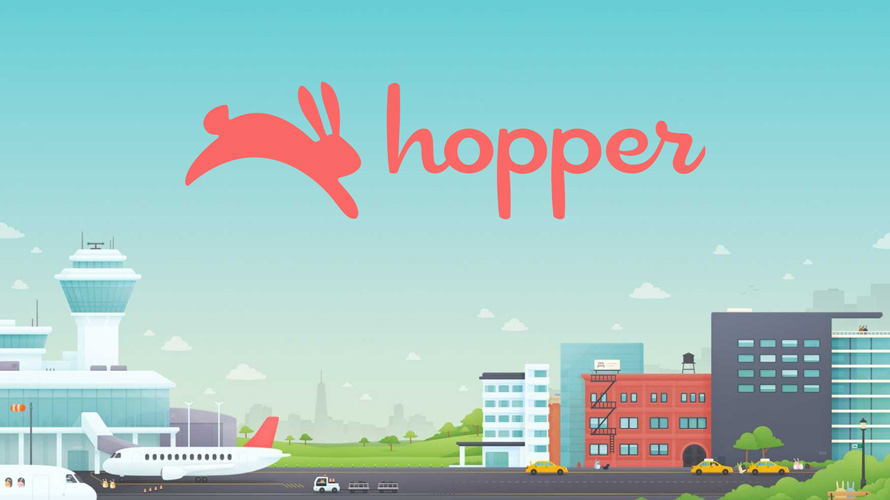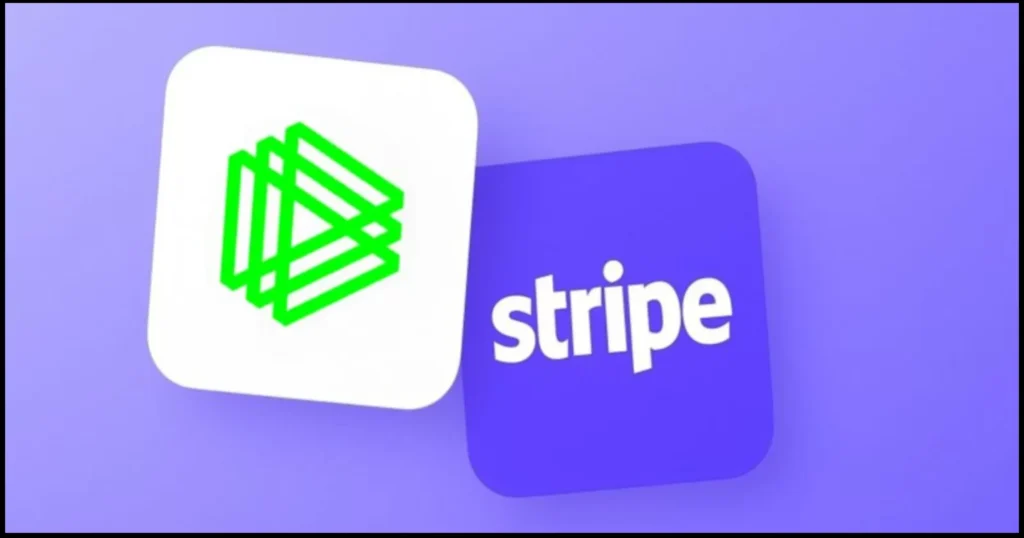Apparently, the recession hasn’t slowed down investors’ enthusiasm for the tourism sector. Online travel agency Hopper has raised a total of $740 million, including an announcement of a $96 million follow-on investment from Capital One.
CEO and co-founder Frederic Lalonde said in a press statement that the extra funds would be used to promote a number of initiatives, including Hopper’s new social commerce activities.


In addition to the fundraising, Hopper has announced that it would be expanding its cooperation with Capital One (which led Hopper’s Series F) to develop new travel products specifically for Capital One clients.
Currently, Hopper’s technology is behind Capital One Travel and Premier Collection, an online marketplace for luxury hotels and resorts available only to Capital One Venture X cards. There will likely be more events like it in the future.
“With Hopper, we have discovered a partner who can not only match that speed but also help us continue to disrupt the existing quo and take a differentiated approach to establish a world-class travel brand,” said Capital One managing VP Matt Knise in a statement.
Through this strategic alliance, we will be able to meet the challenges of an ever-evolving travel industry and provide our consumers with innovative solutions at every stage of their trip.
In 2007, Frederic Lalonde and Joost Ouwerkerk founded Hopper, and for the next six years, they worked covertly to compile what they called the “world’s largest structured database of travel information.” The company has software that searches the web for specific content, like blogs or photo-sharing sites, and then stores it in a huge database that is organized by region.
Hopper went public in 2014, and since then, the company’s leadership has made a decisive shift toward mobile and developing a travel prediction tool that constantly tracks airline fares and notifies users of any changes via push notifications.
With over $4.5 billion expected to be made in sales of flights, hotels, houses, and rental vehicles on the platform this year, Hopper has grown into one of the top travel apps in North America since its inception.
The business claims that the airfare price-freeze function accounts for around 40% of its overall app income, setting it apart from competitors like Travelocity. Other features that set Hopper apart from the competition include “cancel for any reason” and flight interruption guarantees.
Launching Hopper Cloud, a collaboration program that enables travel providers like Kayak, Marriott, and Trip.com to resell Hopper’s financial and travel agency products through a white-label gateway, Hopper entered the business-to-business sector last year.
According to Lalonde, Hopper Cloud is on course to produce more in 2022 than all Hopper made in 2017. Hopper states that Cloud has had significant acceptance and already constitutes more than 40% of Hopper’s business.
To better serve its customers, Hopper moved its attention this spring to in-app discounts, deals, and specials. The company’s next big push is social commerce, and it’s built around tools like referrals, share-to-earn, team buying, and daily gifts, all of which offer customers savings on travel bookings in exchange for downloading and using the app and promoting it with their social networks.
President Dakota Smith remarked to TechCrunch in an email that international consumers accounted for less than 3% of purchases a year ago but now account for over 20% of sales, attributing the boost in part to the company’s new social focus. “The app is rapidly expanding into other markets.”
TechCrunch claimed in early February that Hopper was valued at $5 billion; a source familiar with the case said that this figure has since climbed. A public offering is in the works for the company that employs 1,500 people and controls an estimated 11.2 percent of the U.S. market for third-party air travel.




